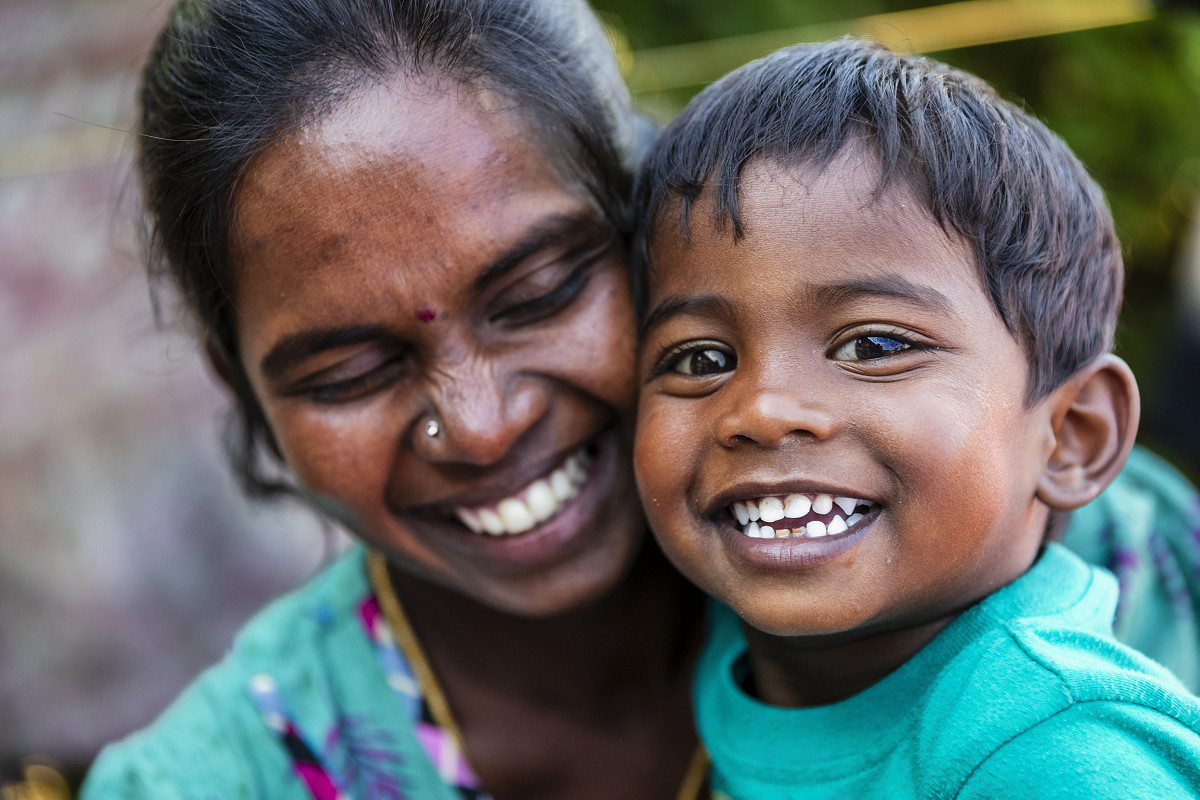The Transform Collective | Turner Kirk Trust

The UBS Optimus Foundation is a recognised leader in innovative financing mechanisms for social impact. The Foundation uses results-based funding, partnering with philanthropists who provide the money for charitable projects, which are later paid for by governments and end donors based on the outcome achieved. The Foundation takes smart risks on evidence-based, scalable solutions and focuses on health, education, and child protection systems as well as tackling environmental degradation and climate change.
Institutional care does life-long harm to children. Yet, today, it is estimated that between five to six million children live in institutionalised care facilities. While great progress has been made on this issue, there is a long way to go.
Institutional care harms children’s emotional, social, and cognitive development, with children under five and those with disabilities being the worst affected. It also heightens other risks such as trafficking, sexual exploitation, violence, and poverty.
On the other hand, children thrive in safe and secure environments with nurturing relationships. These relationships are most often found within the structure of a family, whether biological or not. Yet due to poverty or family breakdown, many children end up in institutions based on the assumption this will improve their outcomes – evidence shows it does not.
There is an overreliance on institutional care, which is often seen as a first resort. This harmful model is supported by a disproportionate level of funding and service provision. The current model is also highly fragmented and fails to provide a robust continuum of care. And most importantly, it is reactive, intervening after the harm is done.
In 2022, the Turner Kirk Trust provided a donation to the Transform Collective via the UBS Optimus Foundation. The Collective, beginning work in Maharashtra, India, aims to develop a replicable child-in-family care model that will radically reduce the number of children in institutionalised care. It is focused on building a preventative model that can be scaled up in India and throughout other regions.
The programme ignites a collective movement of funders, non-government organisations, families, and communities to shift resources and practice away from institutional care, towards family-based care.
The Collective will empower families and strengthen communities’ safety nets to prevent unnecessary separation of children from their families, establish and scale models of alternative family-based care for when family separation is unavoidable, and strengthen the government child-protection system to protect children before they are harmed.
The programme will also work globally, engaging partners to drive communications campaigns that increase awareness of the importance of a family-based childhood. The aim is to influence the global approach to childcare and set in motion an irreversible shift away from institutionalised care systems, in favour of family-based care.
Monitoring and analysing the impact of the Transform Collective is vital to building an effective family-based care model. And it will provide key learnings that can be replicated in other geographical areas. Data-driven measurement expert Sambodhi has been commissioned to design and implement a monitoring, evaluation, and learning framework to track the progress of the Collective and its members against their goals.
Sambodhi will analyse how a group of actors can collaborate in a structured manner towards a common agenda and solve a complex social problem with the assumption that collective impact is far greater than individual impact.